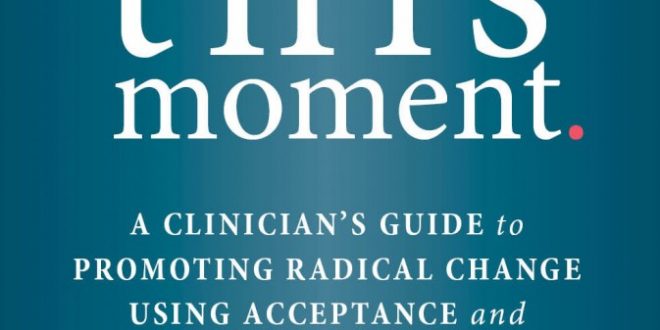Rational emotive behaviour therapy (REBT) is effective in reducing distress in several target groups. No other study has tested the mental health effects on adolescents in a high school setting while expanding a Cognitive Behaviour-based therapy, REBT, into the concept of mental health literacy. The format of the ABC model, …
Read More »
 Cognitive Behaviour Therapy A peer reviewed, multidisciplinary journal devoted to the application of behavioural and cognitive sciences to clinical psychology and psychotherapy.
Cognitive Behaviour Therapy A peer reviewed, multidisciplinary journal devoted to the application of behavioural and cognitive sciences to clinical psychology and psychotherapy.











